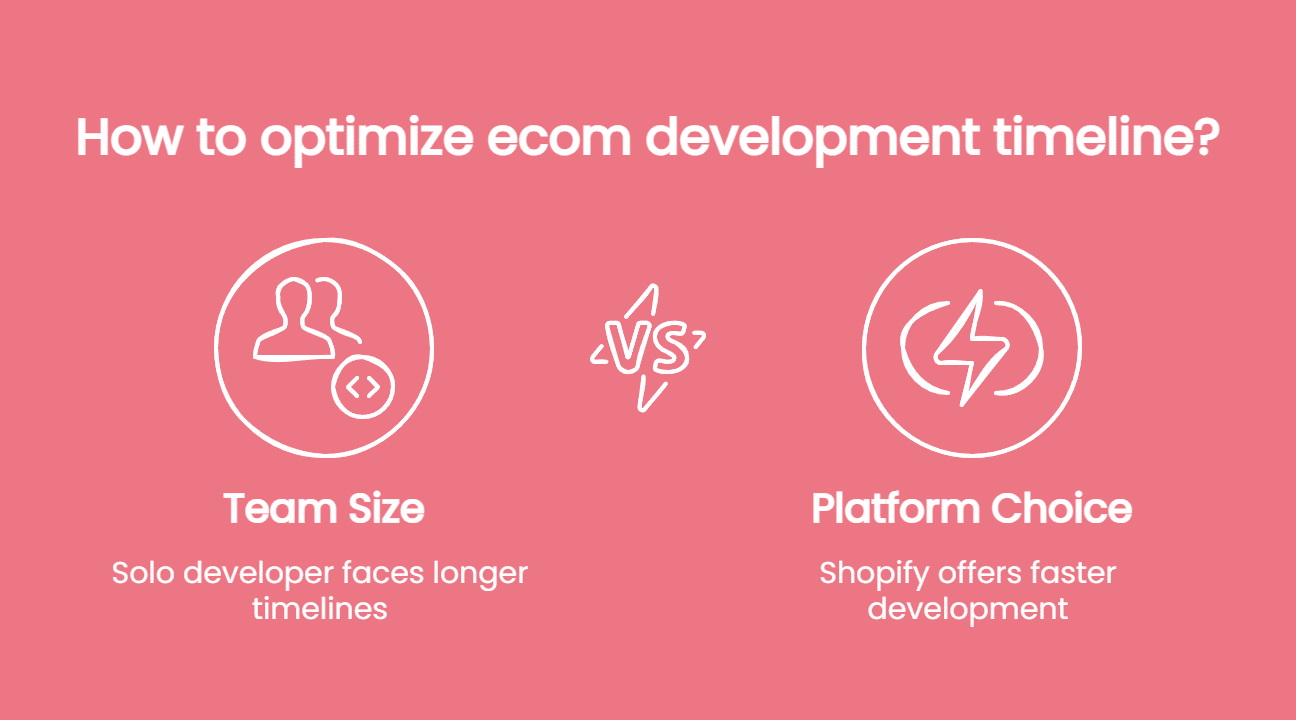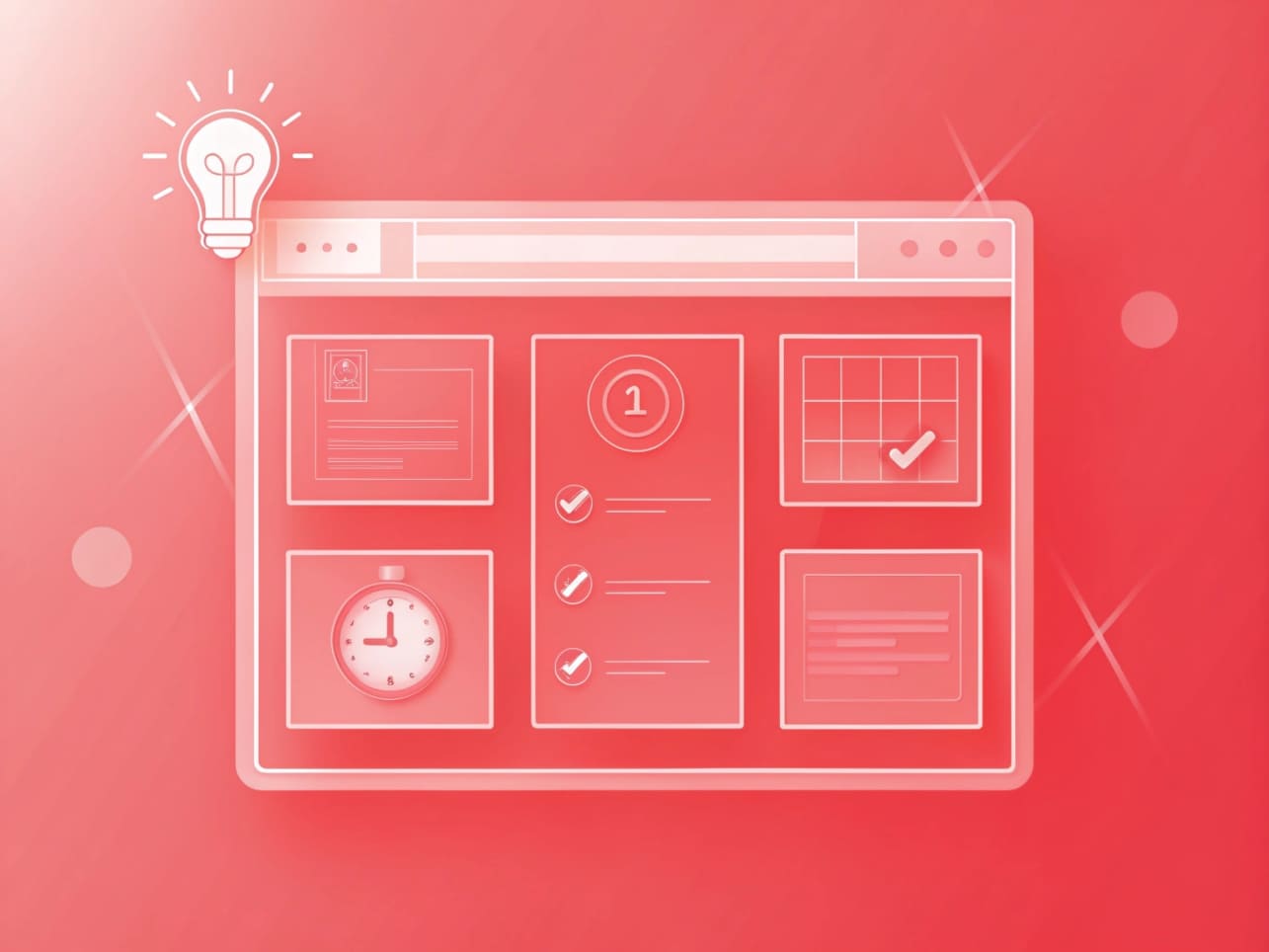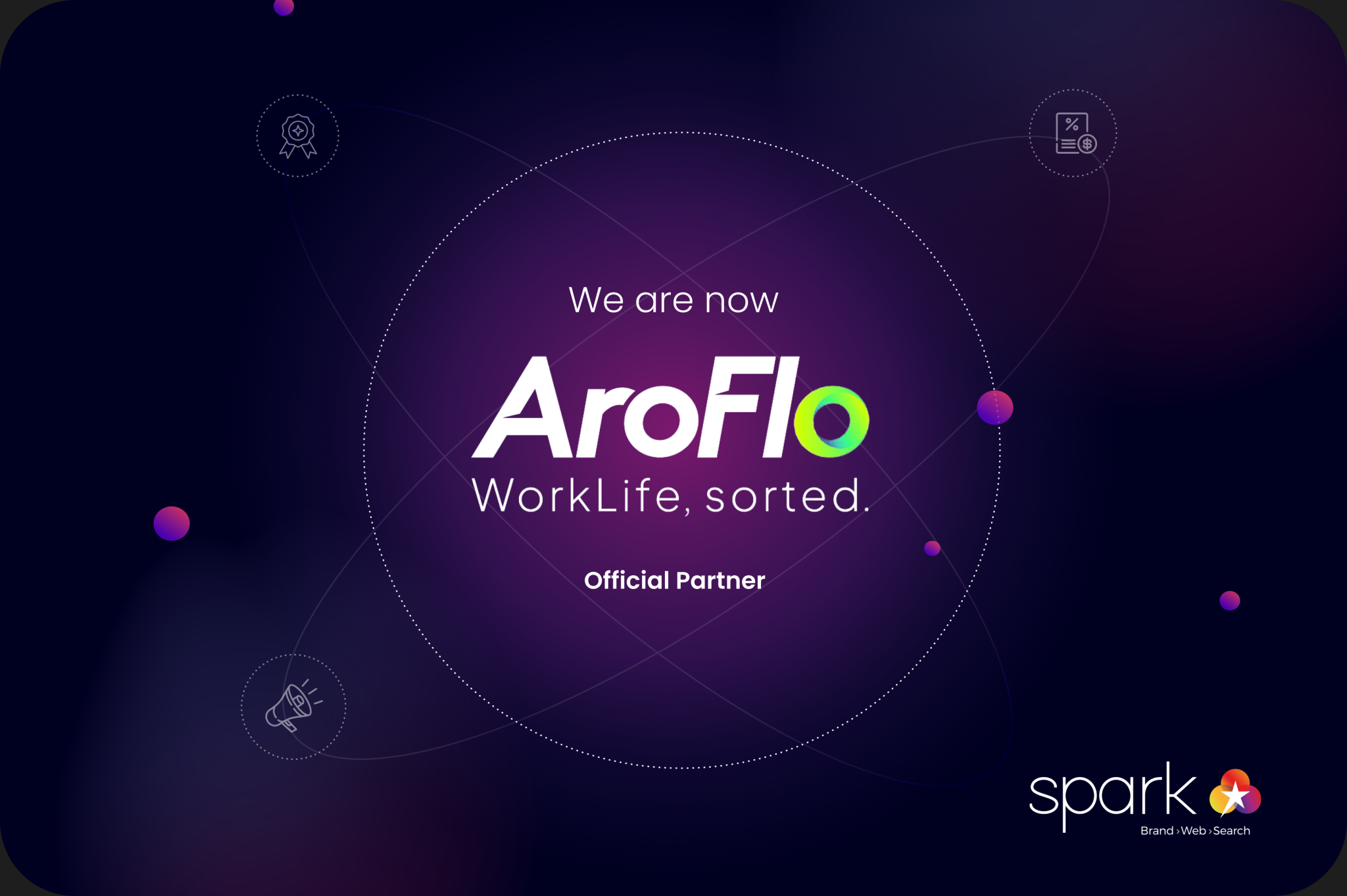Building an eCommerce website is a critical step for any business looking to sell online. But the big question remains: how long will it actually take? Whether you’re a small business owner in Sydney or a growing enterprise looking to go global, understanding what will impact your timeline will help you plan effectively and launch without stress.
In this guide, I’ll break down realistic timeframes, key factors influencing development time, and actionable tips to get your store live faster. Let’s dive in!
Key Takeaways
- Building an eCommerce website can take anywhere from 3 days to 6 months, depending on complexity, platform, and team size.
- Simple stores on platforms like Shopify can launch in 3-7 days with pre-built templates.
- Medium-complexity sites often take 1-3 months, while enterprise-level builds can span 3-6 months.
- Speeding up the process requires preparation, clear goals, and sometimes launching with a Minimum Viable Product (MVP).
- Platform choice (Shopify, WooCommerce, or custom) significantly impacts timelines and costs.
Why Does Knowing the Timeline for Building an eCommerce Website Matter?
Understanding how long it takes to build your eCommerce site is a necessity. A delayed launch can cost you sales, frustrate customers, or derail your marketing efforts.
Timelines vary wildly based on your project’s complexity, the platform you choose, and the team you work with. I’m here to give you clear expectations, backed by real-world insights, so you can budget time and money effectively.
Stick with me as we explore timelines for simple, medium, and complex stores, along with some strategies that can help speed things up.
How Long Does It Take to Build a Simple eCommerce Website?
For a basic eCommerce store, you’re looking at 1-4 weeks. This includes a straightforward setup with a product catalogue, shopping cart, payment processing, and a simple checkout.
If you’re using a platform like Shopify with pre-built templates, a small team can get this done in 3-7 days. A solo developer might take closer to 2-4 weeks, especially if custom tweaks are needed.
These timelines are ideal for new entrepreneurs or small businesses with standard needs. Want to launch even faster? Stick to premade themes and prepare your product content in advance.
How Long Does It Take to Build a Medium-Complexity eCommerce Store?
For a medium-complexity store—one with custom design, user accounts, inventory tracking, and mobile optimisation—expect 1-3 months. A solo developer might need the full 1-3 months, while a small team of 2-4 people can often wrap it up in about 3-6 weeks. With an experienced team, you’re looking at 2-4 weeks.
How Long Does It Take to Build a Complex Enterprise eCommerce Store?
For a large-scale, enterprise-level store with advanced features like multi-vendor marketplaces, CRM integrations, or custom mobile apps, timelines stretch to 3-6 months.
A small team might take the full 3-6 months, a medium team around 2-4 months, and a large, experienced team can sometimes deliver in 1-3 months.
These builds are for businesses with unique, high-demand requirements. I’ve seen multi-vendor platforms take around 4 months with a dedicated team—complexity adds up fast. Curious about what impacts these timelines? Let’s break it down next.
What Key Factors Impact eCommerce Website Development Time?
Several elements can stretch or shrink your timeline. Here’s the deal: knowing these factors helps you avoid surprises and plan better.
- Project Complexity and Features: Extra features like custom checkouts or AI recommendations can add 2-4 weeks per feature.
- Team Size and Expertise: A solo developer works slower (think 2-4 weeks for basics) compared to a team or agency (as fast as 1-2 weeks).
- Platform Choice: Platforms like Shopify are lightning-fast (days), while custom builds drag on (months).
- Content Readiness: Delays in product images or descriptions are super common—get these ready upfront to stop progress grinding to a halt.
In my experience, clients who plan ahead cut weeks off their timeline. Let’s explore platform choices next to see which might suit you best.

Which Platform Builds an eCommerce Website the Fastest?
Your platform choice is one of the biggest deciders in speed of delivery. Let me walk you through the main options.
Shopify: Quickest Launch (3-7 Days)
Shopify is built for speed with pre-made templates and a huge app ecosystem. If your content is ready, a basic store can go live in under a week. Perfect for quick launches with minimal customisation.
WooCommerce: Flexible but Slower (1-4 Weeks)
Running on WordPress, WooCommerce offers affordability and flexibility. But it takes longer—1-4 weeks—depending on design and features. It’s great if you already use WordPress and want more control.
Custom Development: Control but Longest (1-6 Months)
Custom builds give you total freedom for unique features or integrations, but they’re slow—often 1-6 months. According to Stack Overflow’s 2023 Developer Survey, many devs recommend custom only for specific, long-term needs.
Still unsure? I’ve got a decision guide coming up to help you pick!
How Can You Speed Up Your eCommerce Website Development?
Want to launch faster? Here are some tried-and-true strategies I’ve used with clients.
- Prepare Before Development: Gather all content—product images, descriptions, logos—before starting. This will remove barriers to progress from day one.
- Avoid Common Delays: Limit design revisions and test integrations early. Payment gateway approvals can stall you if not planned.
- Launch an MVP: Focus on core features (catalogue, cart, checkout) for launch, then add extras later based on feedback.
PRO TIP: Always build in a buffer of 1-2 weeks for unexpected hiccups. Trust me, it saves stress!
What Do Real-World eCommerce Development Timelines Look Like?
Here are some recent, real-world examples for some of the clients I’ve worked with (de-identified, of course!):
- Small Business Wins: A Sydney boutique launched on Shopify in just 5 days with a simple theme. Another handmade crafts store took 2 weeks using WooCommerce for extra tweaks.
- Medium and Enterprise Cases: A custom clothing brand needed 6 weeks with a small team, while a B2B wholesale platform with complex integrations took 3 months.
These examples show how preparation and platform choice shape timelines. Have you got a good grasp of your timeline now? Let’s start planning it.
How Should You Plan Your eCommerce Website Launch Timeline?
Planning is half the battle. Here’s a quick step-by-step guide to keep you on track:
- Planning Phase (1-2 Weeks): Define what you need, choose a platform, and gather assets.
- Development Phase (Varies): Build core features, integrate systems, and add content.
- Testing & Launch (1-2 Weeks): Check functionality, optimise for mobile, and set up analytics.
First-time owners should expect 2-3 weeks for platform builds or 1-2 months with professional help. Always add buffer time for delays. Got questions? I’ve answered some common ones below.
Frequently Asked Questions
How Quickly Can I Launch an eCommerce Website Using Shopify?
You can launch a basic Shopify store in 3-7 days if your content (product images, descriptions) and setup (payment, shipping) are ready. Customisation might add another 1-2 weeks.
Is Custom Development Worth the Extra Time for an eCommerce Site?
Custom development, taking 1-6 months, is worth it only if you need unique features or complex integrations. For standard needs, platforms like Shopify or WooCommerce save time and money.
What’s the Biggest Delay in Building an eCommerce Website?
Delays often come from waiting on content (images, product data), endless design revisions, or third-party integration issues like payment gateways. Preparation is key.
How Does Team Size Affect eCommerce Website Development Speed?
A solo developer might need 2-4 weeks for a basic site, while a small team (2-4 people) can cut this to 1-2 weeks. Larger teams or agencies handle complex projects much faster.
Can I Add Features to My eCommerce Site After Launch?
Absolutely! Launch with a Minimum Viable Product (MVP) focusing on core features, then add more based on customer feedback. It’s a smart, time-saving strategy.
Conclusion: Build Your eCommerce Website on Time and Budget
Building an eCommerce website can take anywhere from a few days to several months, depending on complexity, platform, and preparation. Simple stores on platforms like Shopify can launch in under a week, while custom enterprise builds might need up to 6 months. The key? Define your must-have features, pick the right platform or developer, and prepare your content upfront.
Ready to start? Contact my Sydney-based web design team for a free timeline estimate and consultation. Let’s get your online store live without the wait!





